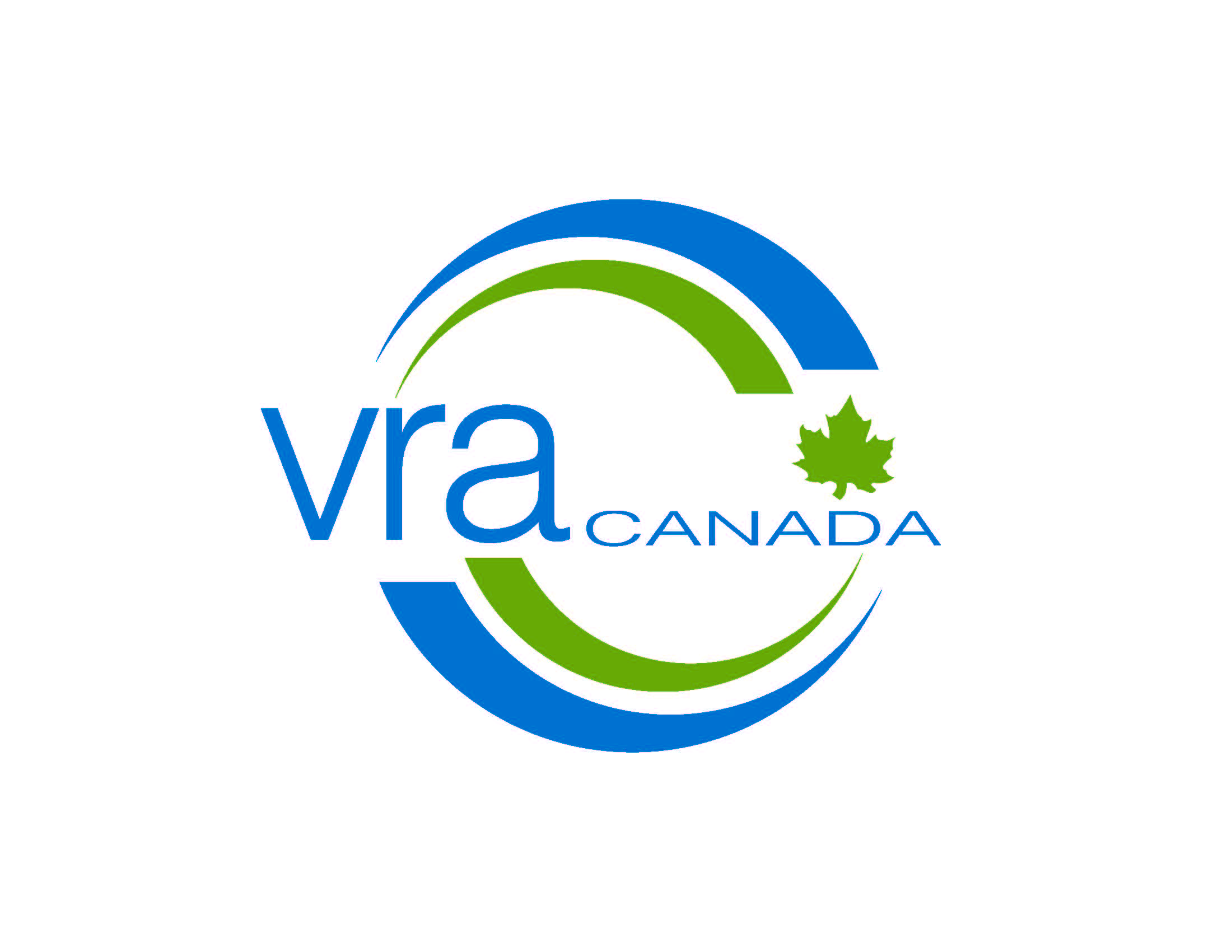Work Wellness Institute Membership!
Advance your Career & Improve your Workplace
- 350+ Lectures on Demand
- 18 self-paced e-Courses
- Accreditation opportunities
- Certifications for Members Only;
- Leadership Certification
- Inclusivity Recruitment & Retention Certification
- Work Wellness Ambassador Certification
Learn More about our Membership Program

Course Description
This webinar will:
- Present key findings from a program of research on employment-related geographical mobility (E-RGM) in the Canadian context looking at its impact on the effectiveness of occupational health and safety (OHS) legislation in a selection of Canadian provinces.
- Distinguish challenges for the protection of the health of workers who are engaged in E-RGM, including those engaged in a long daily commute, intraprovincial and interprovincial workers and temporary foreign workers in Canada or Canadian workers engaged in work outside of Canada.
- Examine the OHS challenges that arise in four aspects of workers’ lives: getting to work, at work, living at work and living at home.
You will learn:
- Mobile workers are exposed to multiple hazards while getting to work yet these hazards are not on the radar of regulators;
- Some mobile workers are obliged to live at or near their workplace for extended periods of time, and this raises new health and safety challenges;
- Multiple jurisdictions overlap in the regulation of some of these workers;
- Health and safety inspectorates and health and safety committees need to adapt their practices when workers are engaged in E-RGM.
Take-home messages:
- Occupational health and safety regulation and systems in Canada were designed with a sedentary workforce in mind.
- Some of the hazards to which members of the mobile workforce are exposed are not addressed by our current regulatory frameworks.
- We found that many of these workers are invisible to regulators because of the mobility associated with their work, and that prevention strategies need to be adapted to the reality of mobile work.
Members
If you have been provided with a Record ID through your organization, please update your profile before enrolling in a course. In order for your certificate to be issued, your profile needs to be up-to-date prior to your enrollment.
If you are having any issues, please contact [email protected]

Partially funded by:

This program is pre-approved by VRA Canada for a 1 hour training session
PhD
Katherine Lippel
Course curriculum
-
1
Occupational Health and Safety Challenges for the Mobile Workforce: Policy and Practice
-
Pre-Survey
-
Occupational Health and Safety Challenges for the Mobile Workforce: Policy and Practice
-
Occupational Health and Safety Challenges for the Mobile Workforce: Policy and Practice in Canadian Jurisdictions - Presentation Slides
-
Evaluation Survey
-
